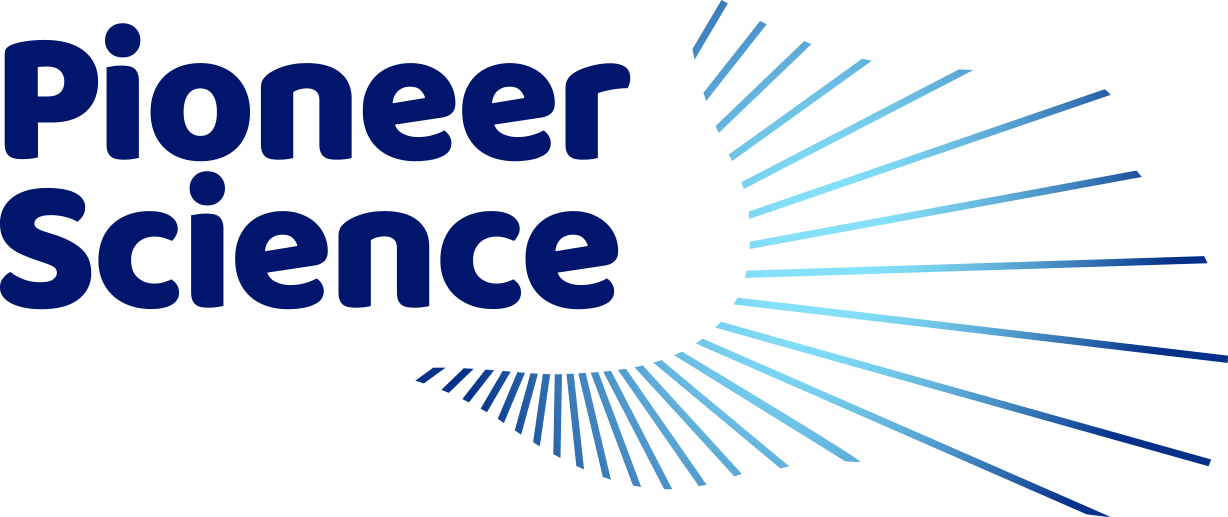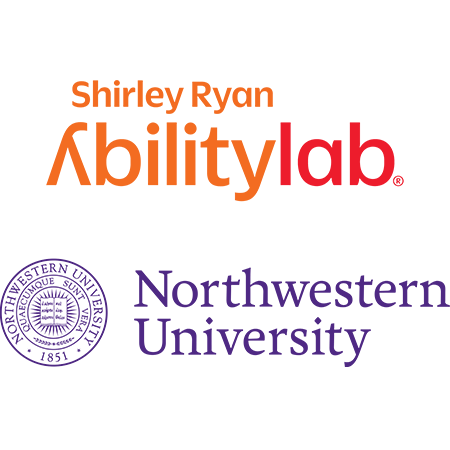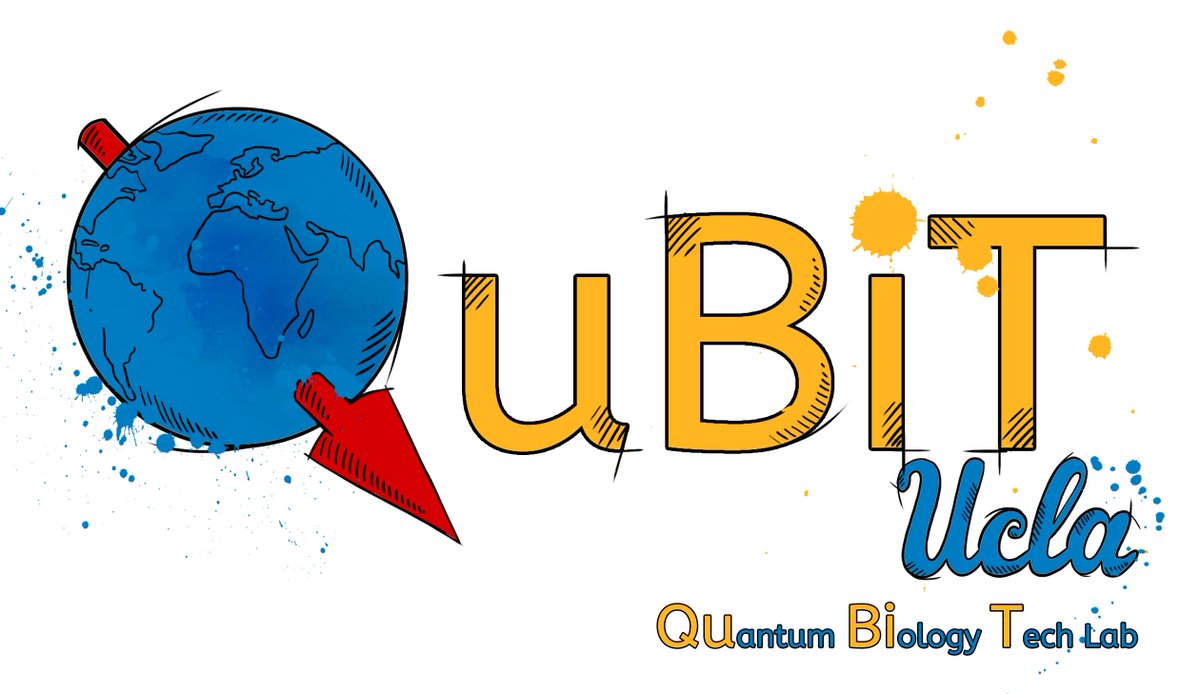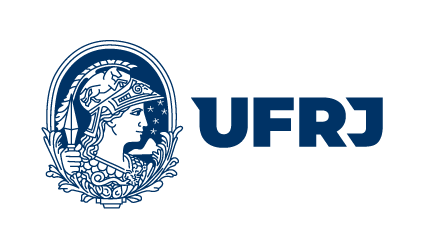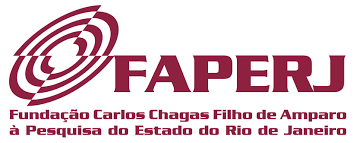The Innovative Genomics Institute (IGI) is an initiative of two of California's leading research institutions, UC Berkeley and UC San Francisco, and other prominent institutions, including UC Davis, Lawrence Berkeley National Laboratory, Lawrence Livermore National Laboratory, and the Gladstone Institutes.
Together, our scientists bring a powerful combination of experience and cutting-edge research expertise. This includes CRISPR gene-editing technology, delivery mechanisms, diagnostics, and therapeutic applications in human health, climate, and agriculture. We are also working together to explore the ethical and public policy implications of gene editing. Our early achievements include improving the efficiency of gene editing and laying the groundwork for potential treatments for sickle cell disease.
